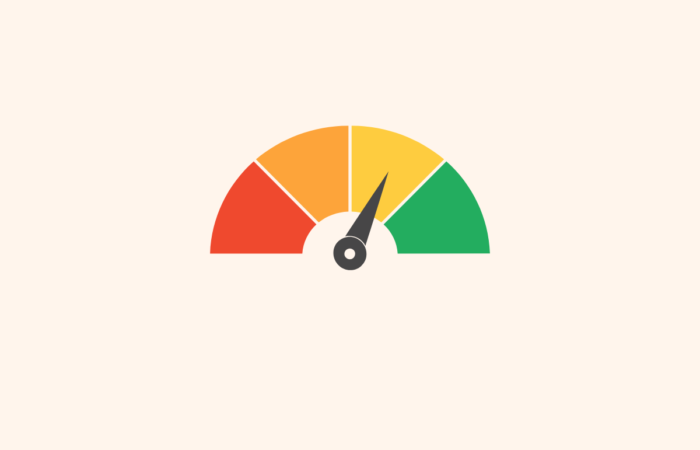
Offre limitée
👋
Inscrivez-vous et recevez le code de réduction 10%
COPPA is a US federal law designed to protect children’s privacy online by imposing specific requirements on operators of websites and online services.
The Children’s Online Privacy Protection Act (COPPA) gives parents control over what information websites can collect from their children.
The COPPA was passed in the 1990s to address the growth of online marketing techniques targeting children. Various websites were collecting personal information without parents’ knowledge or consent.
Selon la FTC, COPPA applies to operators of commercial websites and online services (including mobile apps and IoT devices, such as smart toys) directed at children under 13 that collect, use, or disclose personal information from children, or those who collect, use, or disclose such information on their behalf (such as ad networks that utilize personal information to deliver targeted advertisements).
The Children’s Online Privacy Protection Act (COPPA) imposes significant penalties for violations, with fines potentially reaching $50,120 per violation, as stipulated by the Federal Trade Commission (FTC).
The total financial penalty a business can face hinges on factors like the severity of the violation and how much financial benefit the company gained from improperly collected data.
Several major companies have been fined for COPPA violations, underscoring the law’s reach and impact:
While such fines might be absorbable by big corporations, they pose a significant existential risk to smaller firms. An episode from the TV show “Silicon Valley” illustrates a realistic scenario: a company without a privacy policy inadvertently collects data, leading to potential liabilities reaching $25 billion.
The enforcement of the Children’s Online Privacy Protection Act (COPPA) is primarily the responsibility of the Federal Trade Commission (FTC) and state Attorney General offices. These entities work together to ensure compliance and impose substantial penalties on companies found in violation.
In practice, this means rigorous monitoring for potential breaches. For example, if a company uses cookies or other tracking methods to collect personal data from users under 13 without consent, they may face heavy fines. Past cases have shown that both large corporations and smaller enterprises are subject to scrutiny.
To aid in identifying violators, the FTC encourages the public to report websites and services they suspect are not adhering to COPPA guidelines. This grassroots approach helps regulators target non-compliant operators more effectively.
One critical aspect of COPPA enforcement is determining if a company has “actual knowledge” that it is collecting information from children under 13. This means the company is aware that it is directing its services towards a child audience or has specific knowledge that it is handling data from minors.
If evidence shows that an operator knowingly gathers such data without adhering to COPPA requirements, stricter penalties are imposed. This ensures companies take the legislation seriously and make necessary adjustments to their data collection practices.